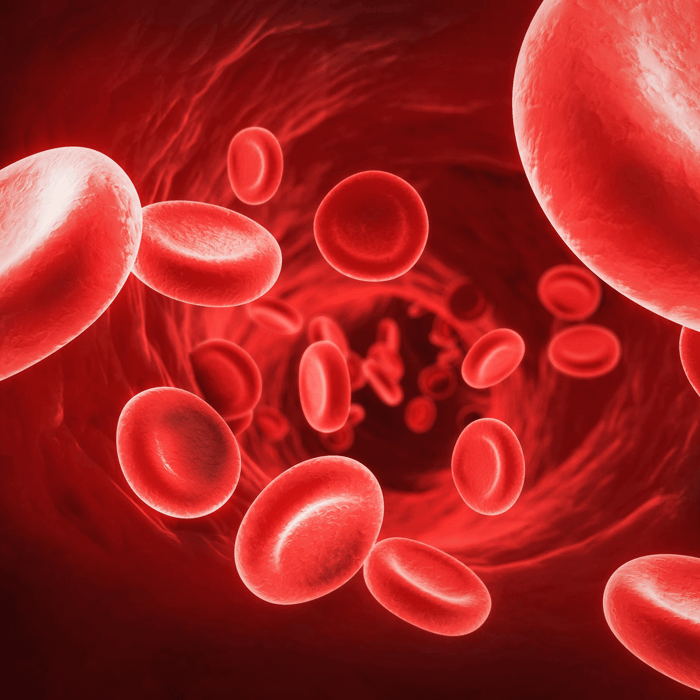Benefits of Food Tracking for Bariatric Patients
Lifestyle
November 15th, 2020
![]()
When trying to lose weight, how many times have you been told to track your food from your registered dietitian, health coach, primary care, bariatric surgeon, etc.? Chances are you have heard this repeated, but who has actually taken the time to do it? Few people enjoy food tracking, but it has been proven to be beneficial in short and long-term weight loss when paired with visits with health professionals.
How to Track Your Food
Tracking your food can be accomplished several ways. You can download a food tracking application on your phone, get a notebook and simply write down the details of your meals, and you can even print a food diary from several different sources. No matter the way you choose to track your food, it will help you be more mindful with your food choices, more aware of the calories in your foods, and even help you detect food allergies/intolerances.
Benefits of Food Tracking
A study performed in West Virginia encouraged patients to maintain food and exercise logs by pen and paper, make healthier food choices, and weigh themselves at least once a week during the program while attending scheduled educational sessions. During this time, the participants who logged their food and exercise at least 5 times a week lost significantly more weight compared to the participants who logged less than 5 days a week1. In comparison, another study was performed in which some participants tracked their food with a mobile app, and others did not. Both groups received biweekly coaching phone calls. The group that was told to track with the mobile app lost 3% more weight than the group that did not.3
The Academy of Nutrition and Dietetics released a study that was more in depth than the other two. This study looked at other behavior modifications in addition to exercise and food journaling. They found that the participants who completed more food journals lost 3.7% more weight. In addition to that, participants who skipped a meal or ate lunch out at least once a week lost less weight than the others, showing the benefits of meal prep and eating 3 balanced meals per day.2
When you take the time to log your food and exercise, you will see better results in the long run. Keep in mind the best results will come when you hold yourself accountable, and make sure you have frequent check-ins and/or educational classes.
If you are looking for a good food journal app, here are a few to get started:
If you prefer to journal with pen and paper, use one that includes details such as food type and amount, fluid intake, time consumed, number of servings, total calories, carbohydrates, protein, fat, exercise, and how you felt after your meals (too full, still hungry, just right, etc.).
References:
- Ingels, John Spencer, et al. “The Effect of Adherence to Dietary Tracking on Weight Loss: Using HLM to Model Weight Loss over Time.” Journal of Diabetes Research, vol. 2017, 2017, pp. 1–8., doi:10.1155/2017/6951495.
- Kong, Angela, et al. “Self-Monitoring and Eating-Related Behaviors Are Associated with 12-Month Weight Loss in Postmenopausal Overweight-to-Obese Women.” Journal of the Academy of Nutrition and Dietetics, vol. 112, no. 9, 2012, pp. 1428–1435., doi:10.1016/j.jand.2012.05.014.
- Spring, Bonnie, et al. “Integrating Technology Into Standard Weight Loss Treatment.” JAMA Internal Medicine, vol. 173, no. 2, 2013, p. 105., doi:10.1001/jamainternmed.2013.1221.
High Protein Meal Replacement Powder

$34.99
Our high protein meal replacement powders utilize a blend of high-quality whey protein isolate and soy protein isolate and boasts a PDCAA score of 100 (out of 100); making our meal replacement shake a complete protein. Each protein shake contains… read more



